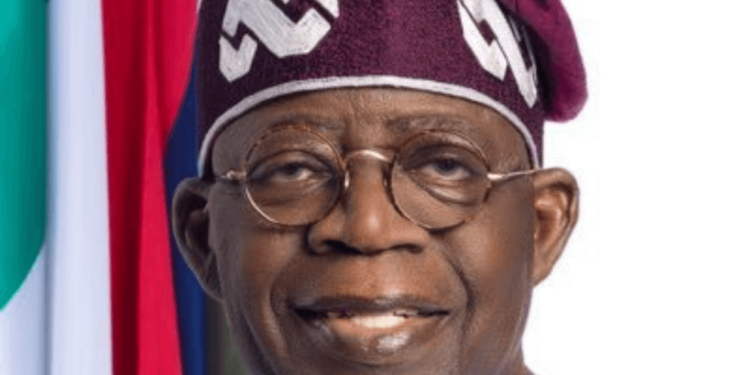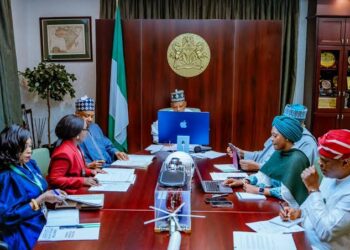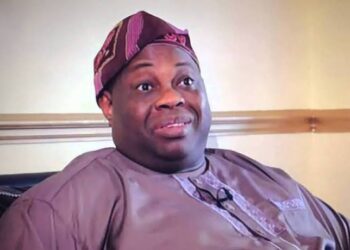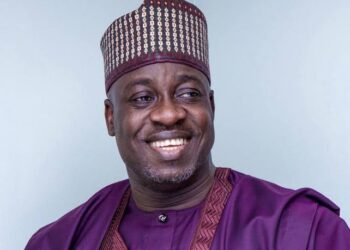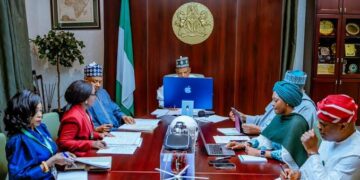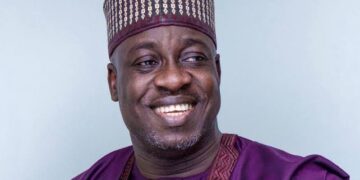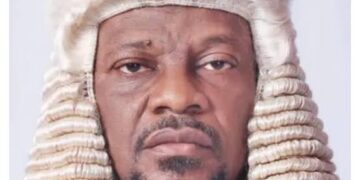The Federal Government of Nigeria has firmly rejected claims by Niger Republic’s military leader, General Abdourahamane Tchiani, alleging collusion between Nigeria and France to destabilize Niger. Speaking through the Minister of Information, Mohammed Idris, the government described the accusations as baseless and devoid of evidence. Idris emphasized that Nigeria remains committed to regional stability and has no alliance with any foreign power to support terrorism or disrupt its neighbor’s peace.
Tchiani’s allegations stemmed from intelligence purportedly extracted from captured terrorists, suggesting a plot involving France and the Islamic State’s West Africa Province (ISWAP) to establish a training camp in Nigeria’s Sokoto State. Tchiani claimed that Nigerian leaders were aware of this plan, which aimed to spread terrorism across Sokoto, Zamfara, and Kebbi states. In response, Nigeria’s government dismissed the claims as imaginative fabrications designed to deflect attention from Niger’s internal challenges.
The Federal Government highlighted its ongoing efforts to combat terrorism, including the recent Operation Forest Sanity III, which specifically targets Lakurawa militants. Idris questioned how a government actively fighting terrorism could be accused of supporting the same groups. He reaffirmed Nigeria’s dedication to fostering peace in the region, citing significant investments in joint projects like the Trans-Saharan Gas Pipeline and the Kano-Maradi Railway as proof of Nigeria’s commitment to Niger’s economic development.
Furthermore, the government denied allegations of territorial concessions or the existence of a French military base within Nigeria. The Ministry of Foreign Affairs clarified that no such arrangements had been made, calling the claims false and misleading. Idris reiterated that Nigeria values its sovereignty and has never allowed foreign powers to establish military bases on its soil, maintaining its role as a leader in regional security and independence.
In a broader context, the allegations come amid strained relations between Niger’s junta and its former colonial ruler, France, following the 2023 coup that ousted President Mohamed Bazoum. While Niger’s military leadership seeks to shift blame for its internal difficulties, Nigeria has remained steadfast in its stance against unconstitutional governance, urging constructive dialogue and regional cooperation instead of unfounded accusations.


